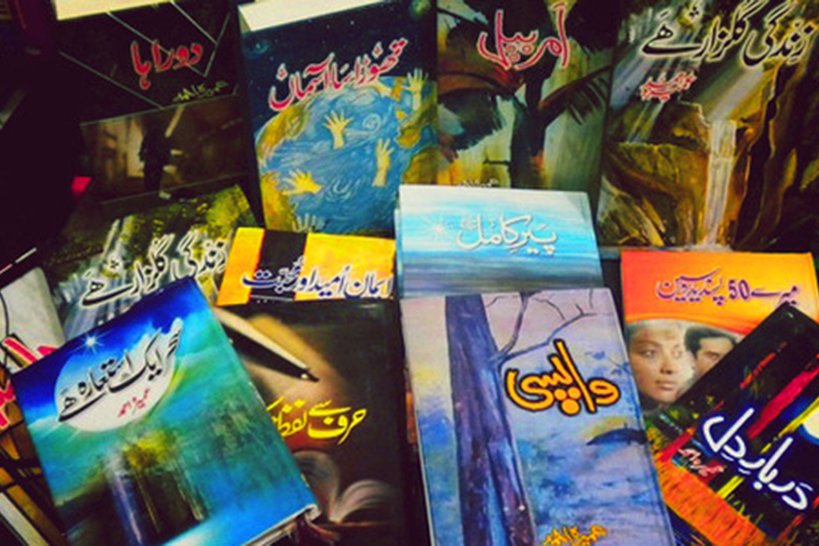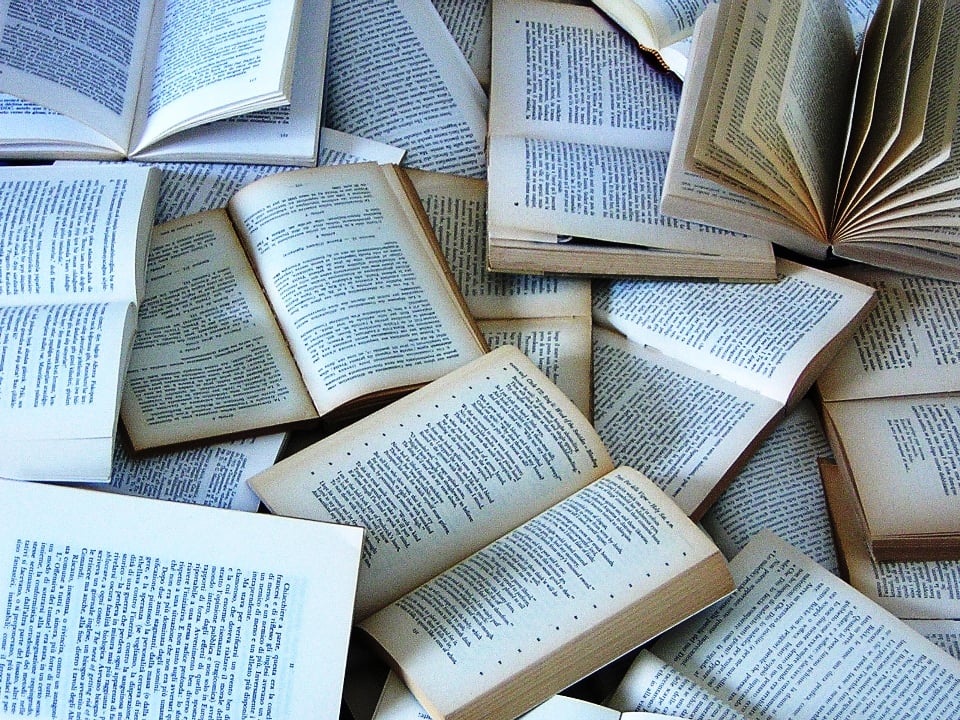Noted writer and novelist Intizar Hussian stressed on the need to encourage and inculcate book reading habits in young people.
He said this while speaking at the concluding ceremony of a five-day national book festival, arranged by the National Book Foundation.
The festival, titled “books lead to peace” was attended by a large number of students, writers, intellectuals, celebrities and others.

Developing a consistent reading habit is essential for personal growth and intellectual stimulation. By dedicating even a few minutes each day to reading, you can expand your knowledge, improve your vocabulary, and enhance your critical thinking skills. Whether you prefer fiction, non-fiction, or a combination of both, the act of reading exposes you to new ideas, perspectives, and experiences. To cultivate a reading habit, start by setting achievable goals, such as reading for a few minutes before bed or during your daily commute. Create a comfortable reading environment free from distractions, and explore different genres to discover what resonates with you. Remember that reading is not just a hobby; it’s a lifelong journey of exploration and discovery.
Here are useful some tips for improving your reading habit .
1) Initiating a reading session is often the most challenging part.
2) Ditch uninteresting books to make way for captivating ones.
3) Consistent reading transforms lives more than any single book.
4) Prioritize timeless classics over fleeting trends.
5) Evaluate your screen time before claiming to lack reading hours.
6) Experiment with various formats—print, digital, and audio—to discover your preference.
7) Quality of absorption outweighs quantity of books read.
8) Minimize distractions by silencing your phone and relocating it before reading.
9) Revisit cherished books periodically for fresh insights.
10) Short books often harbor profound insights.
11) It’s acceptable to abandon a book if it fails to engage you.
12) Revisiting transformative books annually is beneficial.
13) Gift, donate, or recycle books that don’t resonate with you.
14) Speed reading often compromises comprehension.
15) Seek serene environments like parks and beaches for immersive reading experiences.
16) Empower yourself to select books independently.
17) Summaries provide a glimpse but not the essence of a book.
18) Valuable books encourage reflection, hindering speed reading.
19) Apply acquired knowledge instead of fixating on memorization.
20) Establish a manageable reading routine, even if brief.
21) Condensed summaries primarily benefit their creators.
22) Lack of personal growth indicates either a lackluster book or passive reading.
23) Don’t feel obligated to finish every book you start.
24) Prolific readers are either professionals or fiction enthusiasts.
25) Every reading experience is unique to the individual and moment.
26) View books as investments in personal development.
27) Optimal reading environments enhance focus.
28) Carry a book wherever you go to utilize idle moments.
29) Give books a fair chance, but don’t hesitate to abandon them if they fail to engage.
30) Utilize ebooks or audiobooks for convenience.
31) Annotated books convey engagement and appreciation to authors.
33) Tailor your reading material to address contemporary or enduring issues.

